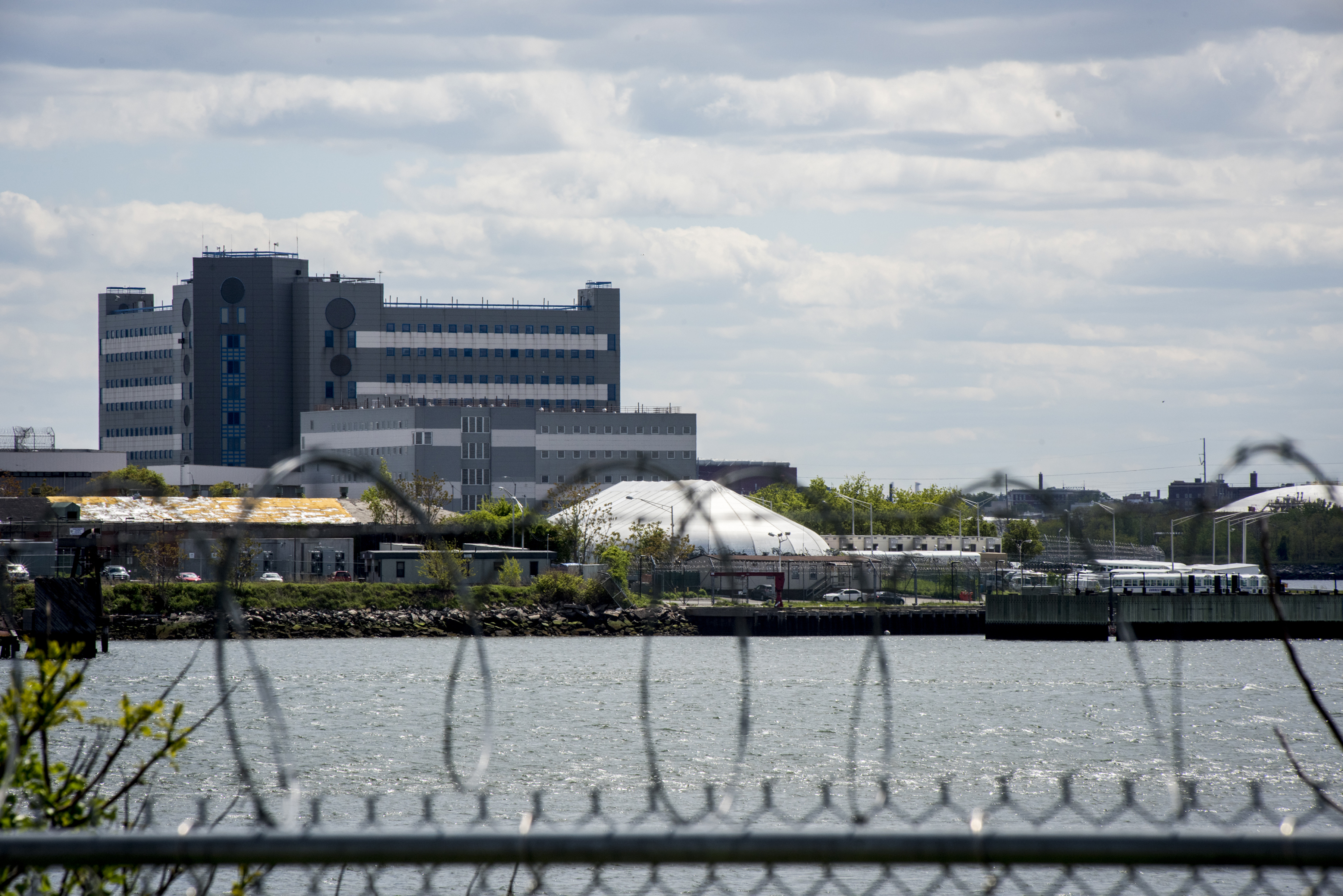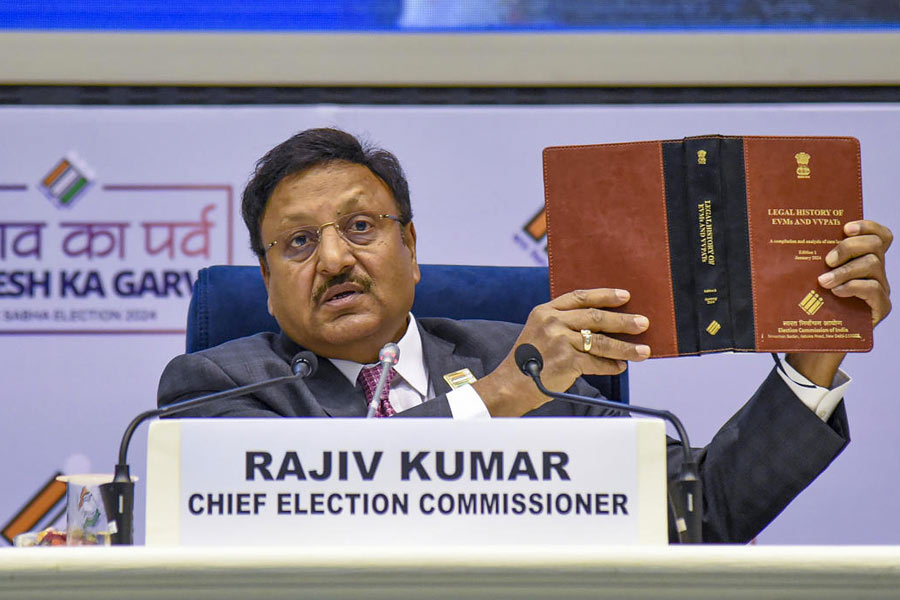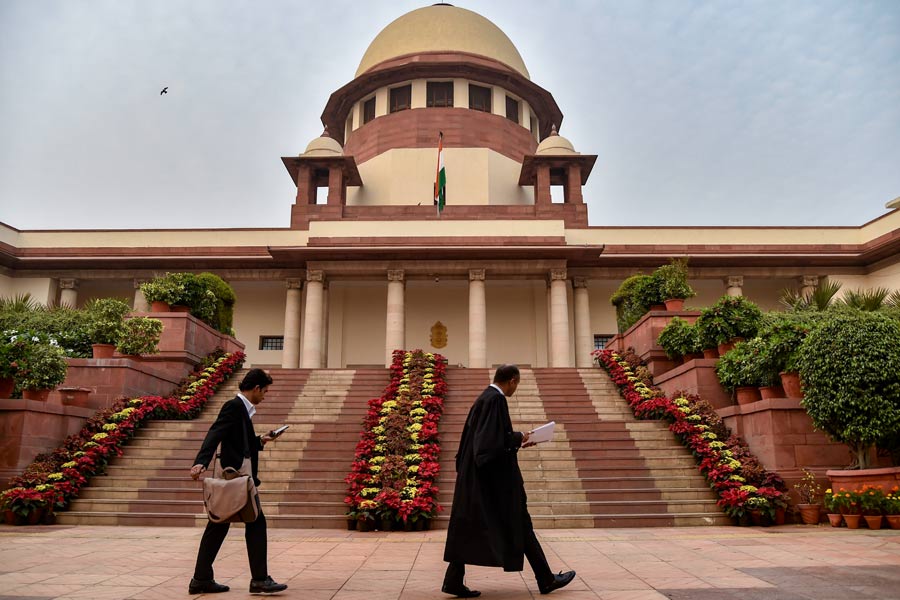When Robert F. Kennedy Human Rights announced in September it was planning to bail out hundreds of women and teenagers from Rikers Island as part of a national campaign to demonstrate that cash bail discriminates against the poor and minorities, the response from New York City officials was less than enthusiastic.
The mayor, the police commissioner and the city’s district attorneys all said they worried that public safety might be put at risk.
At first blush, those concerns may have been misplaced.
In October, hundreds of volunteers acting on behalf of the advocacy group posted $1.2 million in bail to free 105 people from Rikers Island and other city jails.
Of the 90 who have since had scheduled court appearances, only two failed to show up as of Friday, according to the group. One was rearrested on a non-violent misdemeanor charge, and the other has stopped responding to a lawyer, according to Wade McMullen, supervising attorney for the group.
Four others who were bailed out also had minor issues.
One person missed court because of a medical concern but was able to reach a lawyer who informed the judge, and new bail was set. Three others were quickly rearrested on prior allegations from police; of those, one was released without bail and two others had bail reset.
Kerry Kennedy, president of Robert F. Kennedy Human Rights, declined to identify those who were released, citing privacy concerns, but organizers offered broad details of the group’s initial efforts.
The amount of bail posted ranged from $750 to $100,000. The youngest person bailed out was 16 and the oldest was 62. There were 64 adult women and 41 high school-aged males. Ninety-two per cent of those bailed out had been charged with a felony.
“The mass bailout proves that the system is unfair and targets people of colour and people living in poverty,” Kennedy said.
Another goal of the experiment, which is now complete, was to show that New York City might be able to close the dangerous Rikers Island jail complex more quickly than its current 10-year timeline, Kennedy said. One of the barriers to closing Rikers is cutting the city’s average jail population to 5,000, down from its current average of about 8,000.
New York state law dictates that bail should be designed to ensure that a defendant return to court. Judges are required by law to consider a defendant’s ability to pay bail, but that is not commonly followed. There are certain circumstances under which judges can order defendants held without bail.
Advocates have long called for criminal justice changes such as speedy trial reform and an end to cash bail, but that has often gone nowhere in Albany. After November’s election, the state Senate will be controlled by Democrats who have named criminal justice reform as one of their priorities.
The early results match up with other studies, including a 2017 report from the Vera Institute of Justice that found that out of 99 people released on unsecured bail or partly secured bond, 88 per cent returned to court, and only 8 per cent were arrested before trial for another felony charge. More than half of those in the study were facing felony charges.
In the New York experiment, more than 1,200 people volunteered to pay bail and a total of $2 million was raised, including 400 people who contributed $100,000 online. More than 100 organisations supported the effort.
The effort involved much more than just paying an individual’s bail. There were re-entry experts and social workers waiting at Rikers Island to meet those released and to immediately connect them with services.
Finding individuals a place to stay and providing them with a cellphone and a two-month unlimited MetroCard proved to be some of the biggest factors in making sure the released could connect with their lawyers. They were sent text messages reminding them of their court dates.
Mayor Bill de Blasio and some city district attorneys have said they support bail reform but had preferred that only those facing misdemeanor charges be bailed out by RFK Human Rights.
Natalie Grybauskas, a spokeswoman for de Blasio, said the mayor believed that “people who don’t pose any danger don’t need to be in jail before trial.”
c.2018 New York Times News Service










